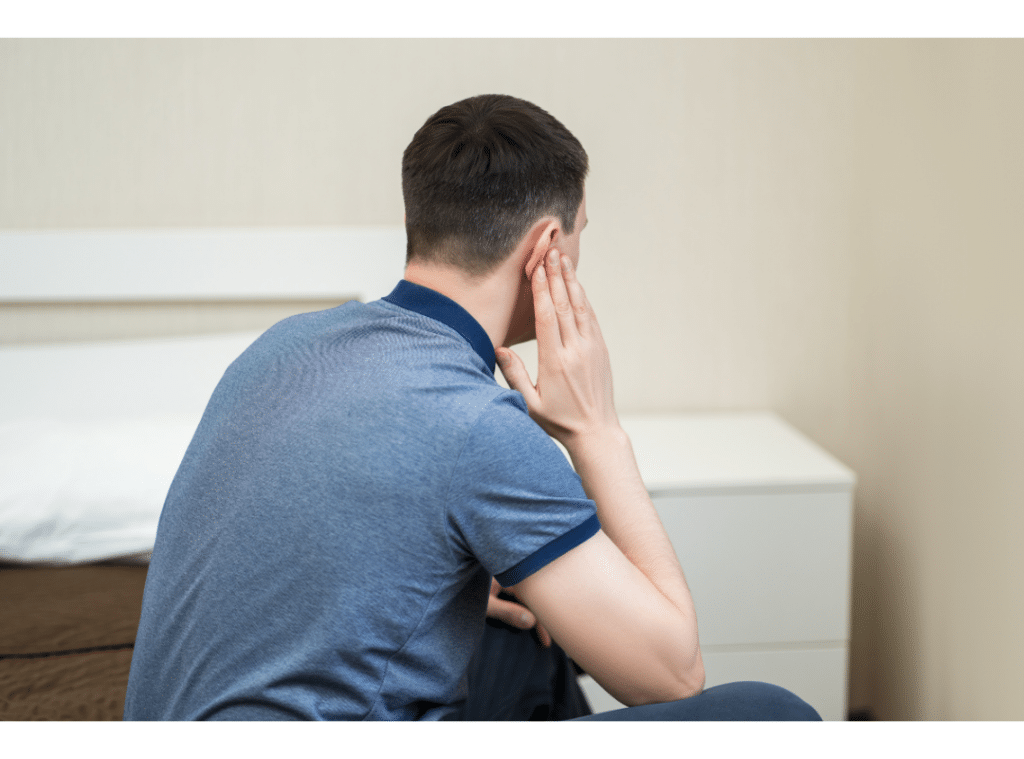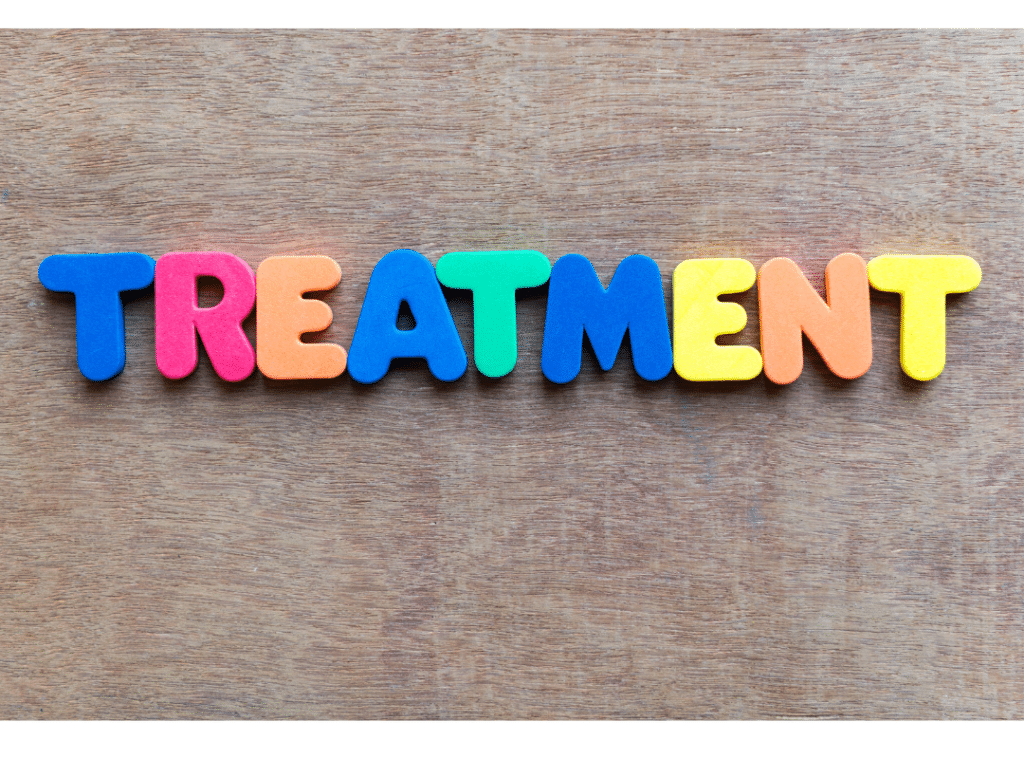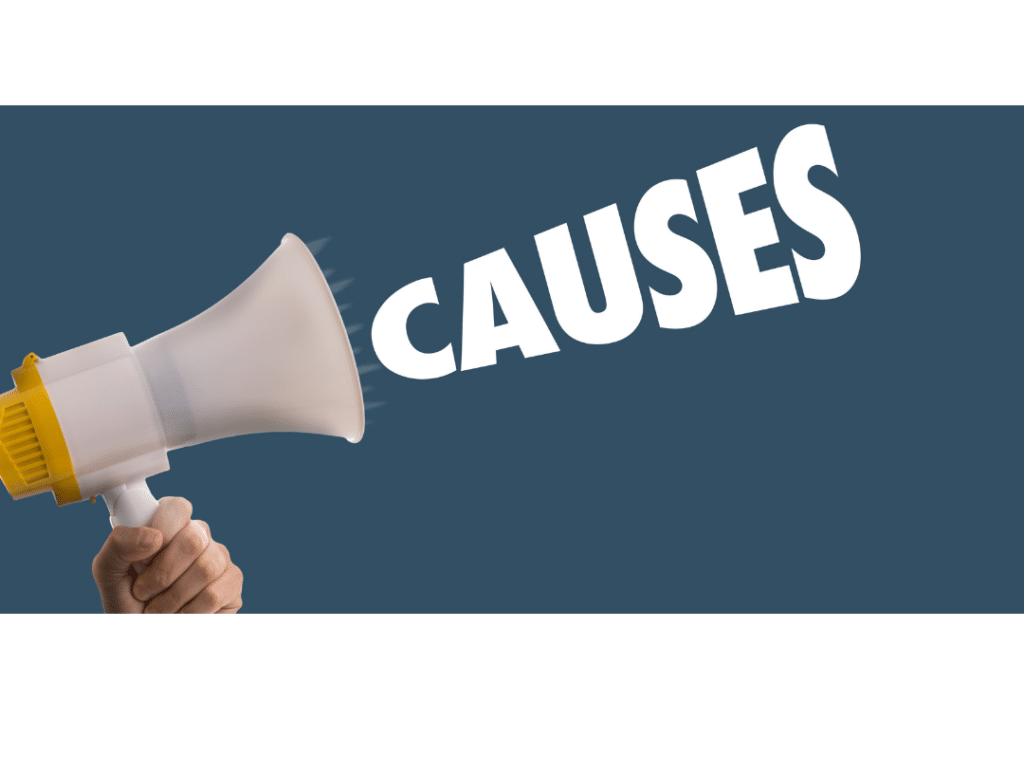What Causes Unsteadiness in Older People and How to Prevent It
As you age, you might notice that staying steady on your feet becomes more challenging. This unsteadiness can stem from various factors, like declining muscle strength or issues with your inner ear. Medications and chronic health conditions can also play a significant role. Understanding these causes and knowing how to prevent them is essential. By implementing some simple strategies, you can maintain your balance and reduce the risk of falls. At Westmont of Carmel Valley, we’re dedicated to helping you enhance your stability. Curious about what specific actions you can take to improve your balance?
What causes unsteadiness in older people
As you age, the likelihood of experiencing unsteadiness increases due to various factors. One significant contributor is the natural decline in muscle strength and flexibility, affecting your walking and posture.
Additionally, inner ear issues, like labyrinthitis, can disrupt your sense of balance, leading to dizziness or a spinning sensation. Medications you take for various health conditions might also play a role, as many can cause side effects like lightheadedness.
Chronic health conditions, such as diabetes and heart disease, further complicate balance by affecting circulation and nerve function.
Even vision problems can impair one’s ability to maintain stability, as sight plays a critical role in how one perceives one’s environment. Alcohol consumption can exacerbate these issues, impacting one’s inner ear functionality.
Recognizing these causes is essential for seeking appropriate support. If you notice symptoms like unsteadiness or occasional dizziness, consulting a healthcare professional can help identify underlying issues.
Understanding the factors contributing to unsteadiness empowers you to take proactive steps, ensuring your safety and quality of life as you age. Regular exercise can help mitigate muscle weakness and stability, which is crucial for maintaining balance and preventing falls.

Balance issues
Balance issues can greatly impact your daily life, affecting everything from mobility to confidence in social situations. As you age, changes in walking patterns can lead to instability, making it vital to recognize symptoms like dizziness, faintness, or a sensation of spinning. These feelings can be particularly pronounced when shifting from sitting to standing or during head movements.
If you experience persistent instability, it’s important to consult a medical professional. They can help identify underlying causes, whether they relate to aging, medication side effects, or existing health conditions like diabetes or heart disease. Understanding your symptoms can empower you to seek timely intervention. In addition to medical support, consider incorporating specific exercises tailored for balance improvement activities that can enhance stability and reduce the risk of falls.
Engaging in these activities can enhance stability and reduce the risk of falls.

Inner ear balance problems
Unsteadiness can stem from various sources, and one notable contributor is inner ear balance problems. Your inner ear plays an important role in maintaining balance, as it contains structures that detect motion and changes in position.
Issues like labyrinthitis, an inner ear inflammation, can disrupt these functions, leading to dizziness and a spinning sensation.
If you’ve experienced these symptoms, it’s important to recognize that they can greatly impact your daily life. You might constantly fear falling or find it challenging to perform routine tasks.
Alcohol consumption can further exacerbate these inner ear issues, so it’s wise to monitor your intake.
Consulting a healthcare professional is crucial for addressing inner ear balance problems. They can diagnose the issue and recommend appropriate treatments, such as vestibular rehabilitation therapy or targeted exercises to improve your balance.
Additionally, support groups can provide shared experiences and coping strategies, helping you navigate these challenges.
Causes of dizziness in seniors
Dizziness can creep up on you, often linked to various underlying causes in seniors. One significant factor is aging itself, which naturally increases the likelihood of experiencing balance problems.
Medications you may take, particularly those affecting blood pressure or causing sedation, can also contribute. It’s important to consult your doctor to assess potential side effects.
Inner ear issues, like labyrinthitis, can lead to vertigo and unsteadiness, while conditions such as diabetes and heart disease may disrupt overall balance.
Alcohol consumption is another factor to take into account, as it can impair inner ear function and exacerbate dizziness.
Vision problems, which are common in older adults, can further complicate balance. If you notice feelings of lightheadedness or a spinning sensation, it’s necessary to pay attention.
These symptoms can indicate an imbalance requiring medical evaluation. Understanding these causes empowers you to seek the right assistance. Managing chronic conditions is crucial to maintaining stability and overall health in seniors.
Engage in open conversations with healthcare providers about your experiences and symptoms, as early intervention can help prevent further complications.
Your well-being is essential, and addressing dizziness can lead to a more stable, confident lifestyle.
80-year-old losing balance
As you age, the risk of losing your balance can increase greatly, often leading to falls and injuries. This instability may stem from various factors, including changes in your body, medications, and underlying health conditions.
You might notice that your walking patterns change, becoming less stable as you shift from sitting to standing. This can create a heightened sense of fear regarding falling.
If you experience dizziness or a spinning sensation, paying attention to these symptoms is important. They can indicate a balance disorder that requires further evaluation.
It’s also common to feel lightheaded or experience blurred vision during these episodes, which can greatly disrupt your daily activities and relationships.
Don’t underestimate the importance of understanding these changes. Asking yourself questions about your stability, such as whether you’ve felt unsteady or have had instances of falling, can help identify potential issues.
Consulting with a healthcare professional can provide clarity and guidance on managing these challenges. Recognizing and addressing balance concerns early can lead to better health outcomes and enhanced quality of life as you navigate aging. Additionally, muscle weakness can significantly contribute to instability in older adults, making it essential to address this issue proactively.

Treatment for loss of balance in elderly
Finding effective treatments for balance loss in the elderly can greatly enhance their quality of life. Engaging in specific exercises tailored by healthcare professionals can markedly improve stability. You might consider physical therapy, which focuses on personalized balance exercises that strengthen muscles and improve coordination.
Additionally, managing underlying health conditions is vital. For instance, if high blood pressure is an issue, a healthcare provider may recommend dietary changes or exercise to help regulate it. Similarly, addressing low blood pressure may involve increasing fluid intake and being mindful of posture when standing.
Consulting with a doctor before making any lifestyle changes is essential, as they can provide guidance based on individual health needs. Vestibular rehabilitation therapy is another option; it develops customized treatment plans to address balance problems stemming from inner ear issues.
Incorporating safety measures at home, such as installing handrails or wearing proper footwear, can further enhance safety and confidence. Joining support groups can also provide emotional support and practical strategies for coping with balance disorders.
Empowering yourself with knowledge and resources can lead to notable improvements in both balance and overall well-being.
Sudden balance issues in the elderly
Sudden balance issues in older adults can be alarming and may indicate underlying health concerns that require immediate attention. If you or someone you care for experiences these episodes, assessing the situation carefully is important. Symptoms like dizziness, a spinning sensation, or a fear of falling can signal an urgent need for medical evaluation.
Several factors may contribute to sudden balance problems, including changes in blood pressure, inner ear conditions, or neurological disorders. Medications can also play a notable role, so reviewing any recent changes with a healthcare provider is essential.
You should ask yourself whether you’ve experienced unsteadiness, lightheadedness, or blurred vision.
Addressing these issues promptly is fundamental. Early intervention can help identify and manage potential health conditions affecting balance. Working closely with healthcare professionals guarantees you receive tailored treatment and support.
Additionally, implementing safety measures at home—like removing tripping hazards and using handrails—can greatly reduce the risk of falls. Prioritizing regular check-ups and open communication with your doctor can lead to better health outcomes and peace of mind.
Addressing instability in older adults is essential for maintaining their mobility and independence. At Westmont of Carmel Valley, we prioritize physical fitness, foster a fall-free home, and encourage regular medical check-ups to help reduce risks. Remember, balance is the key to a brighter, bolder life. Stay strong, stay steady, and seek support when needed. Together, we can combat these challenges and pave the way for a safer, more secure future for our loved ones. For more information or support, please contact us at 858-465-7356.
Discover the level of care you or your family member requires. What Level of Care Do You Need?
FAQs on Balance and Coordination Issues in Older Adults
- What causes vertigo in the elderly?
Vertigo in the elderly is often caused by inner ear problems such as Benign Paroxysmal Positional Vertigo (BPPV), vestibular neuritis, or Meniere’s disease. Other causes include medication side effects, reduced blood flow to the brain, or conditions like migraines. - What causes a lack of coordination and balance?
Lack of coordination and balance can be caused by issues in the nervous system, such as cerebellar dysfunction or musculoskeletal problems. It can also result from age-related changes, inner ear disorders, or conditions like stroke or Parkinson’s disease. - Can heart problems cause balance issues?
Yes, heart problems like arrhythmias or heart failure can reduce blood flow to the brain, causing dizziness or balance issues. Low blood pressure, especially when standing up, can also make it harder to maintain balance. - What neurological disorders cause balance problems?
Neurological disorders such as Parkinson’s disease, multiple sclerosis, stroke, and peripheral neuropathy can affect balance. These conditions impair the brain, spinal cord, or nerves that control movement and stability. - Why do I feel off-balance but not dizzy?
Feeling off-balance without dizziness may be due to musculoskeletal issues, vision problems, or sensory loss in the feet or legs, such as neuropathy. Anxiety and medication side effects can also contribute to this sensation. - What causes loss of balance when walking?
Loss of balance while walking can be caused by vestibular issues, weak muscles, or joint problems. Neurological conditions like stroke or spinal cord disorders, as well as poor vision or footwear, may also play a role. - What is the best treatment for balance problems?
The best treatment depends on the underlying cause and may include vestibular therapy, balance training exercises, or physical therapy. Medication adjustments, assistive devices, and treating any contributing medical conditions can also improve balance. - What is losing balance a symptom of?
Losing balance can be a symptom of inner ear problems, neurological conditions, or musculoskeletal issues. It can also indicate cardiovascular problems, medication side effects, or age-related changes in coordination and strength.









